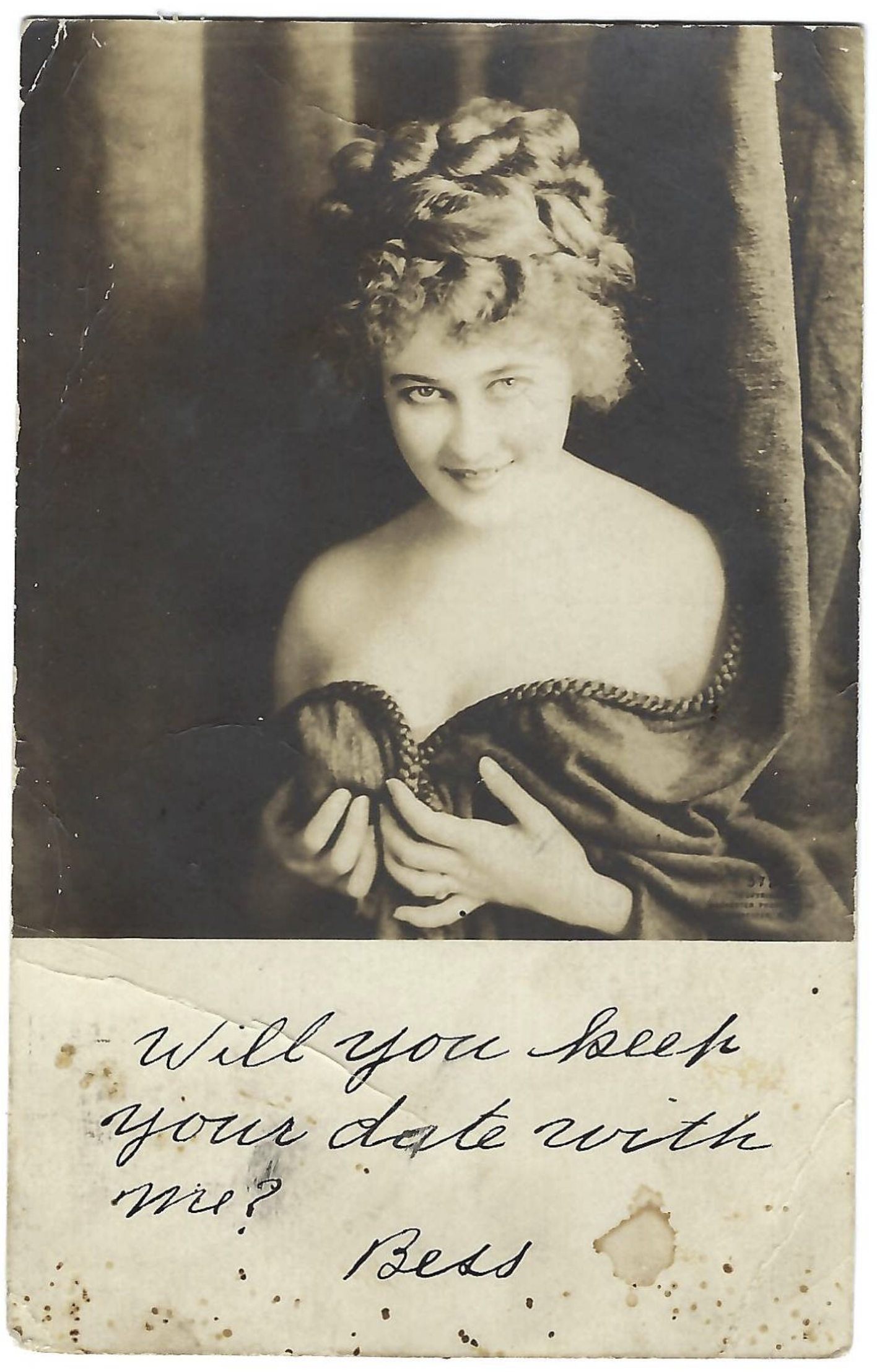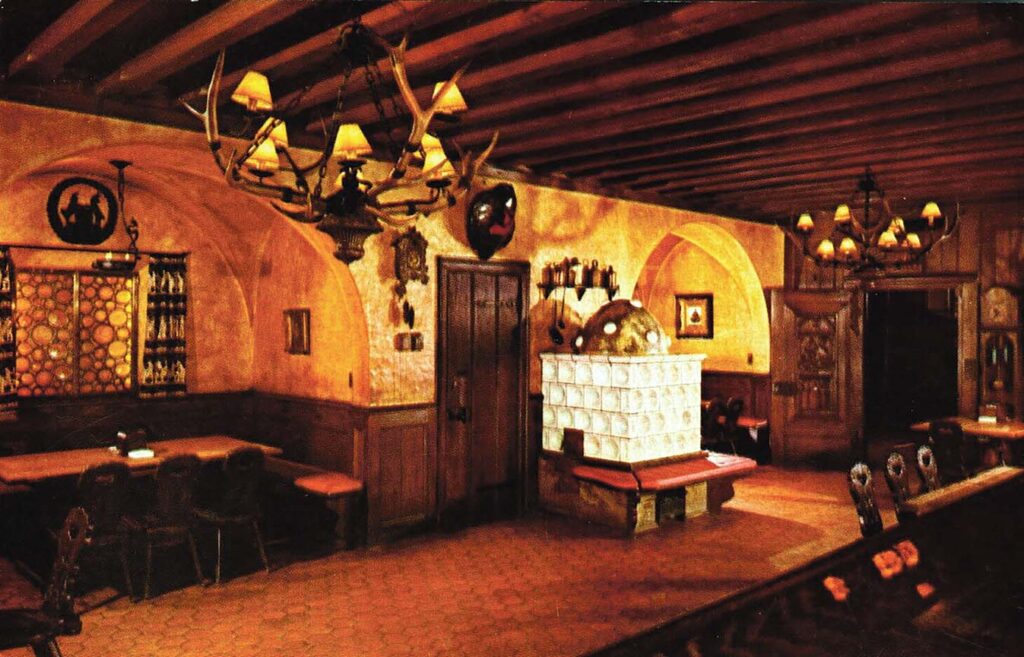
Michael Bushnell
Publisher
The Joseph Schlitz brewing company entered the Kansas City market in earnest when they built a depot near 9th Street and State Line in the West Bottoms to handle their incoming rail shipments of beer from the main brewery in Milwaukee, Wis., in 1880. The brewery itself got its start in Milwaukee 32 years prior in 1848 when August Krug built a small brewery with a capacity of just over 250 barrels a year. Krug died six years later and control of the operation fell to Joseph Schlitz, Krug’s bookkeeper.
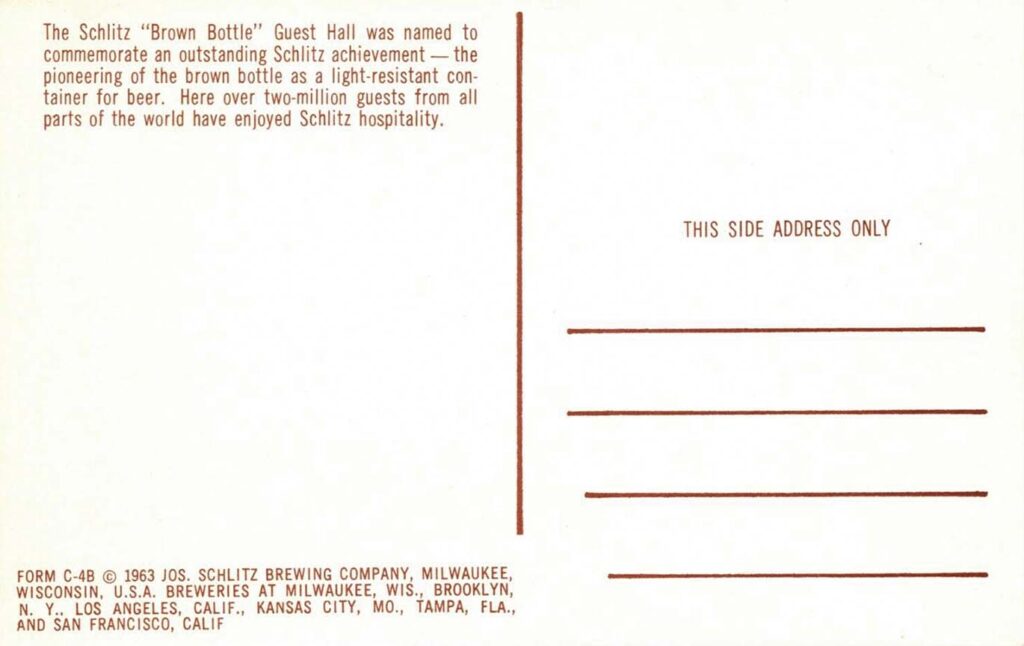
Going for the Gusto!
Schlitz expanded the operation exponentially and by 1873, was cranking out roughly 50,000 barrels a year. He incorporated the brewery under the name Joseph Schlitz Brewing Company. Just a year later, the 44-year-old Schlitz would die in a shipwreck off the coast of Cornwall, England. Control of the brewery fell to the Uihlein family, nephews of Joseph Schlitz. The family would control Schlitz for the next 106 years.
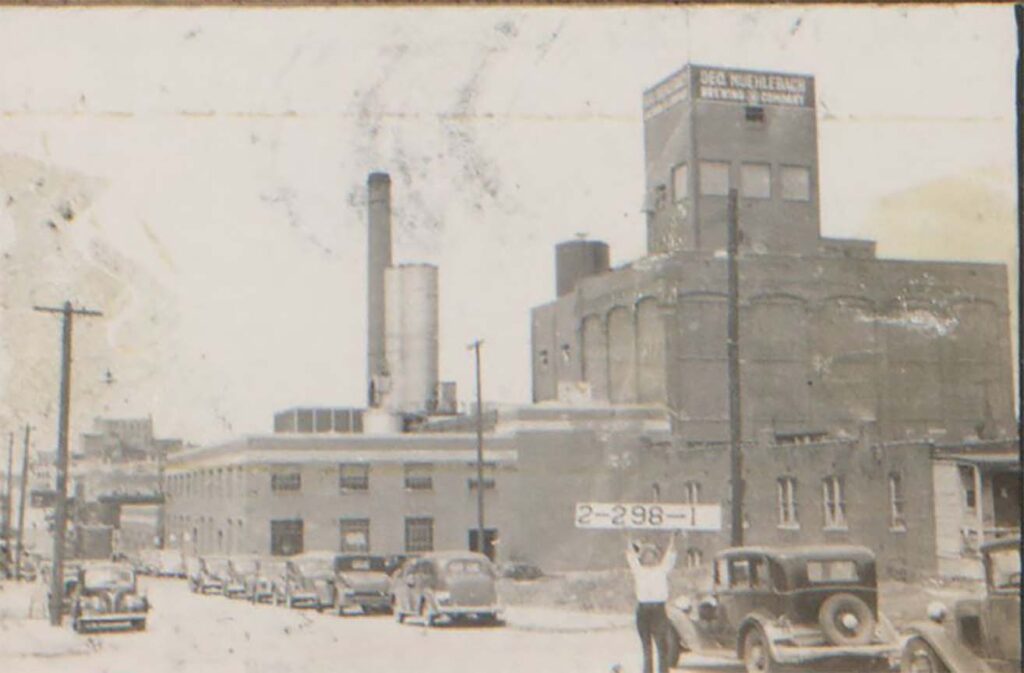
Following the repeal of Prohibition in 1933, Schlitz was once again available in Kansas City through the appointment of wholesale distributors given exclusive distribution rights for Schlitz brands. One of the first people granted a Schlitz franchise was Kansas City mob figure John Lazia. Business was booming and the brand expanded, quickly becoming one of the largest brewers in the country.
The greatest name in beer
Schlitz’ presence as a local Kansas City brewer began when the company purchased the assets and equipment of the George Muehlebach Brewery in July of 1956. The brewery consisted of 17 buildings in the River Market District located between Oak and Grand from 3rd to 5th Streets, most of which still stand today. The purchase was two years after the Kansas City Athletics moved to Kansas City from Philadelphia, playing their games at the old Muehlebach Field, renamed Municipal Stadium.
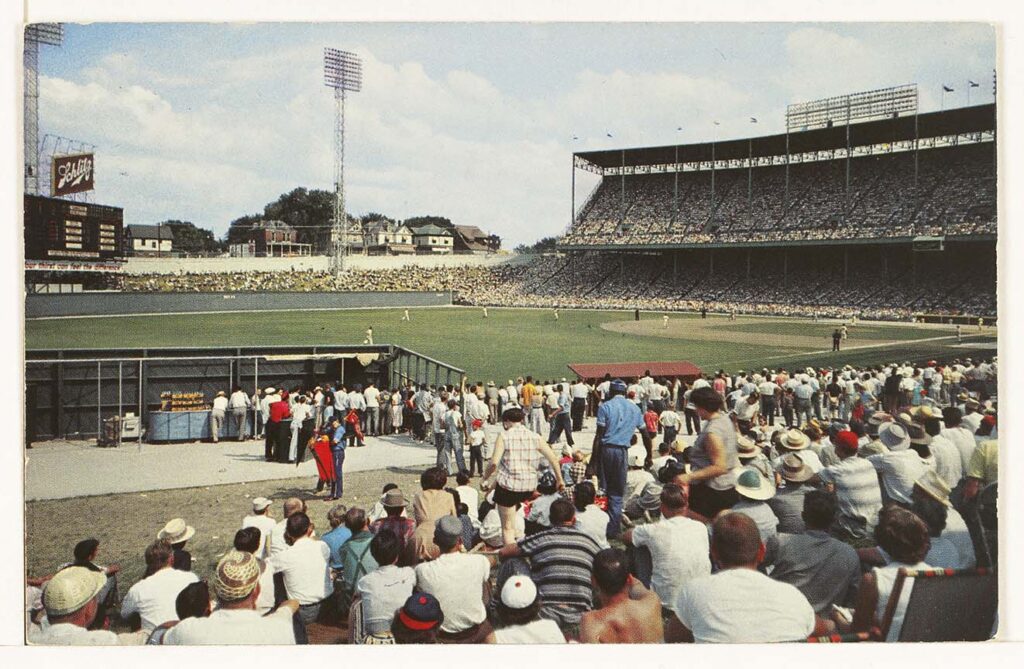
At the time of the purchase, St. Louis-based Anheuser-Busch had laid claim to being the primary sponsor of the St. Louis Cardinals, Muehlebach Brewing was considered the natural choice for sponsoring the A’s. Finances being what they were for the ailing brewery, that primary sponsorship went to Schlitz.
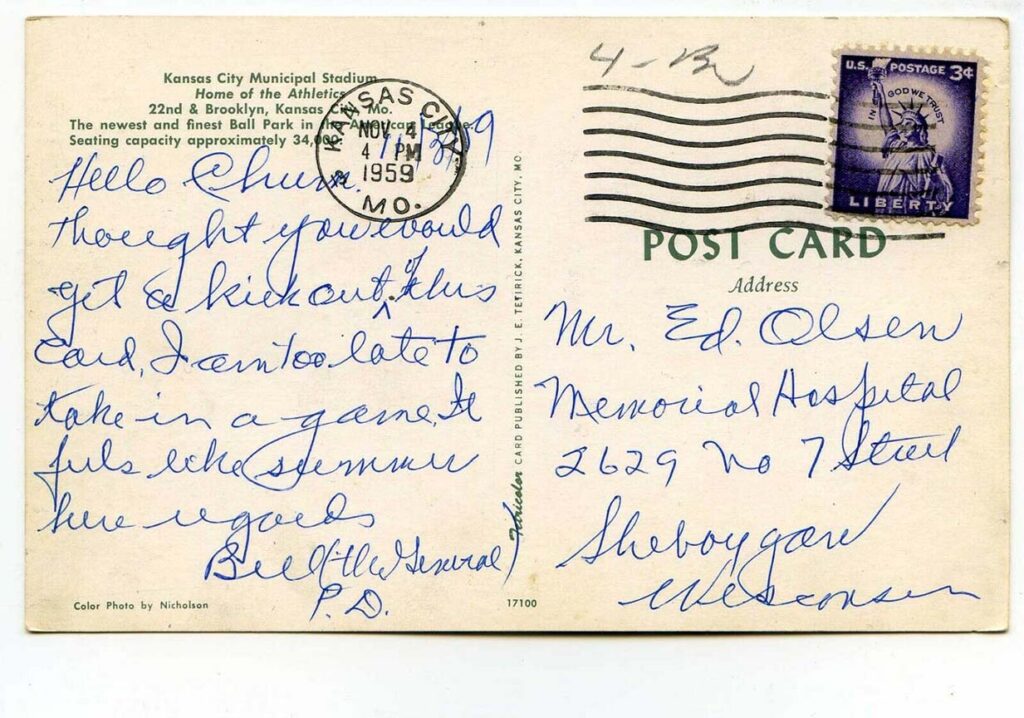
The brewery at 316 Oak St. was considered one of the most modern in the city when Schlitz took over operations in 1956. With the capacity of 500,000 barrels a year, the Kansas City brewery was one of Schlitz flagship breweries, serving wholesale distributors in seven surrounding states.
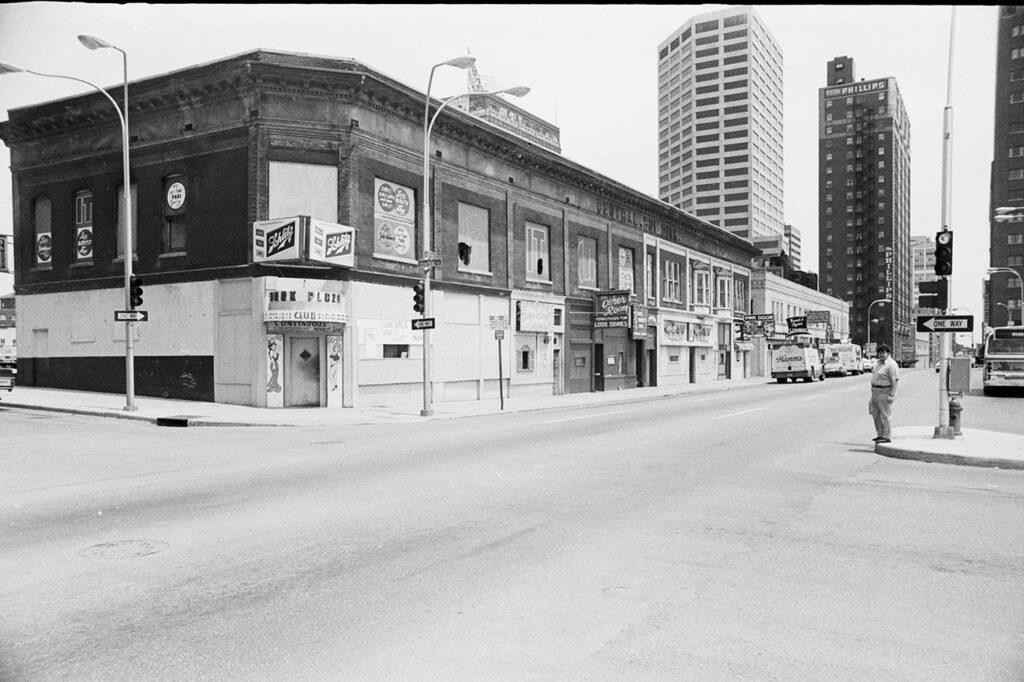
Don’t say beer, say Bull!
During the 1960’s, Anheuser-Busch and Schlitz, by then the nation’s number one and two brewers respectively, went head-to-head for the beer drinker’s palate. In 1963, Schlitz entered the Malt Liquor market with its famous, “If you wanna change of pace, with a big, bold taste, don’t say beer, say Bull,” themed television ads. The 30-second spots usually featured someone who had just completed an arduous trek through the hot and dusty wilderness who begs for a beer. In pops a character with a sweating can of ice cold Schlitz Malt Liquor who says “Bull” to the beer request. The spots ended with a shaking camera and people scattering as a huge bull came crashing through the windows.
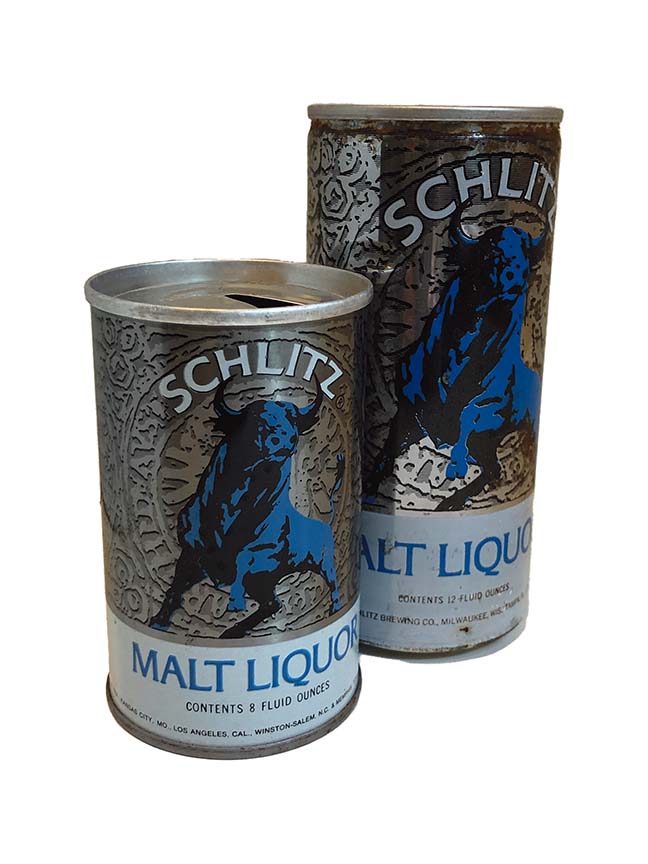
When you’re out of Schlitz…
Cost cutting efficiency measures became more important and in 1971, plans were made to replace the aging Kansas City plant with a new, $250 million facility that would skyrocket production from 500,000 barrels a year to over five million. The company announced, however, that Memphis, Tenn., would be the new brewery site, claiming the Kansas City plant was obsolete. Two years later, on September 28, 1973, the Kansas City plant closed its doors. Of the roughly 170 employees, only 30 were offered positions at other Schlitz facilities around the country.
On a national front, sales for Schlitz brands faltered through the 1970’s. After two pivotal strikes at its Milwaukee brewery, the company ceased operations entirely in 1981. Stroh’s Brewery purchased the brand in 1982. Pabst purchased the operation in 1999 and currently brews the classic 1960’s formula of Schlitz under an agreement with Miller-Coors.
Citations:
Kansas City Public Library, Missouri Valley Special Collections,
Sanborn Fire Insurance Map Files, “Hometown Beer: 1999, A history of Kansas City’s Breweries” by H. James Maxwell and Bob Sullivan Jr., The Northeast News photo archives, KANSAS CITY PUBLIC LIBRARY: Kansas City 1940 Tax Assessment Photographs


